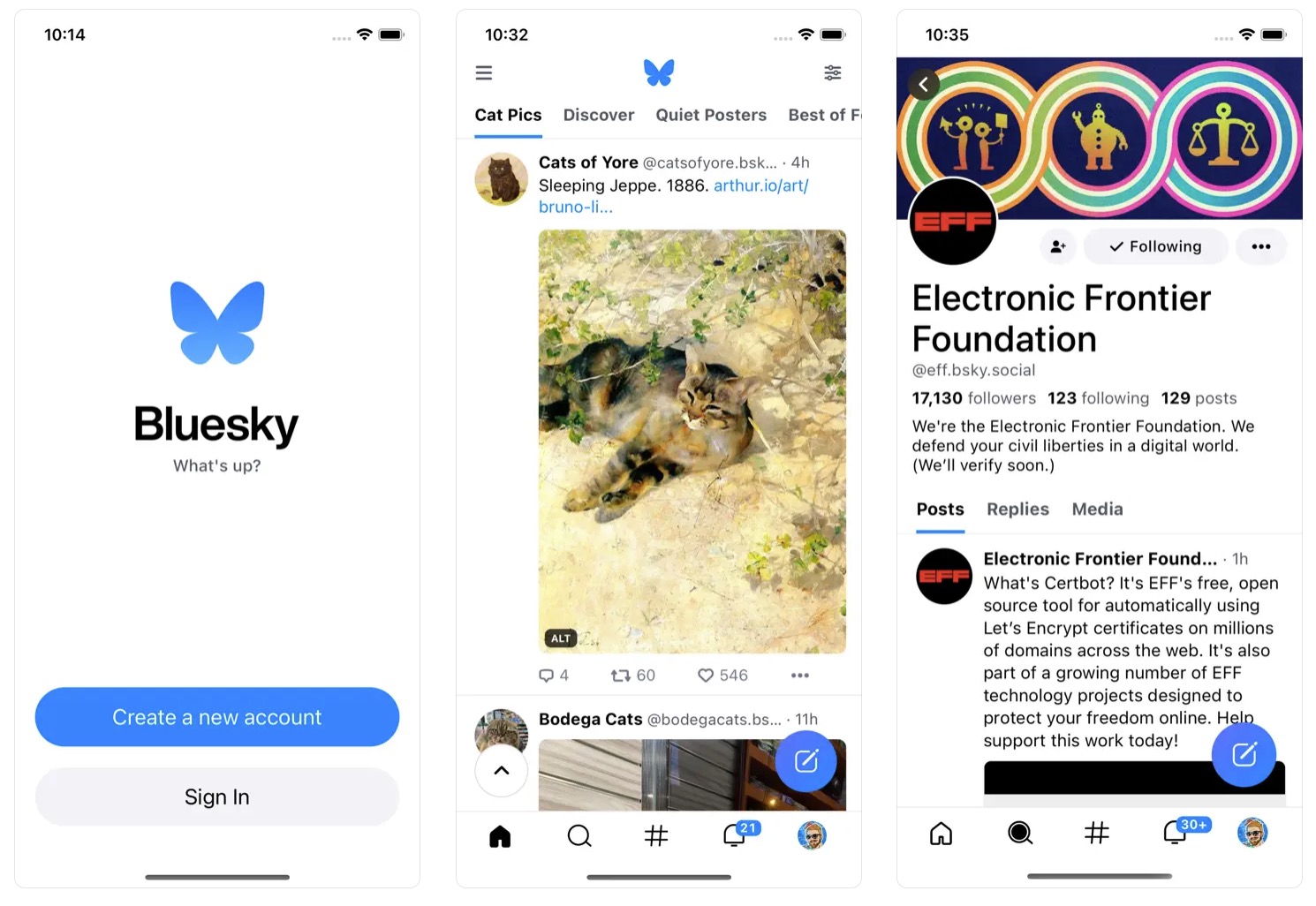
Bluesky has recently expanded from its invite-only platform to a public one, opening itself up to global digital engagement. Originally initiated as an exclusive project inside Twitter under the patronage of Jack Dorsey, the co-founder of Twitter, it is among some of the rising alternatives to platforms like Elon Musk’s X.
The initial restriction to invitees only resulted in 3 million sign-ups, but now that everyone can participate, Bluesky faces the important task of establishing its credibility among heavy-weight competitors like Mastodon.
Breaking away from the superficial similarity with X, Bluesky distinguishes itself with distinctive mechanics powered by a transparent open-source code, called the AT Protocol. This decentralized structure of Bluesky allows not only an insight into their developmental process but also offers opportunities for developers to contribute to the platform. Developers are encouraged to write their own codes utilizing the AT Protocol, upscaling flexibility regarding what can be created, including custom algorithms or even a novel social platform.
Bluesky’s decentralized system provides its users with increased autonomy in terms of social media experiences, in contrast to centralized platforms.
As an existing open-source and decentralized social network, Mastodon’s presence raises some eyebrows. Despite the shared objectives, the divergence in protocols used prevents collaboration between the two platforms.
And while the decentralized idea means that users can ultimately roll out their own free speech instances and operate with other users, the central instance which most people use is heavily pro-censorship and worth avoiding if freedom of expression is important to you.



I might give it a try but something tells me this project could go very wrong.
deleted by creator